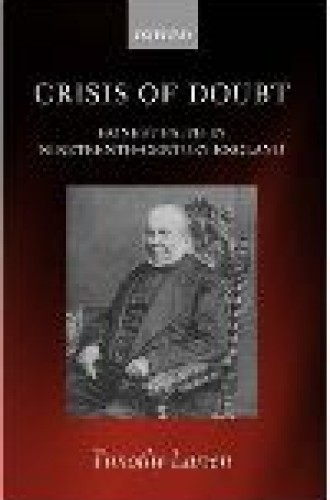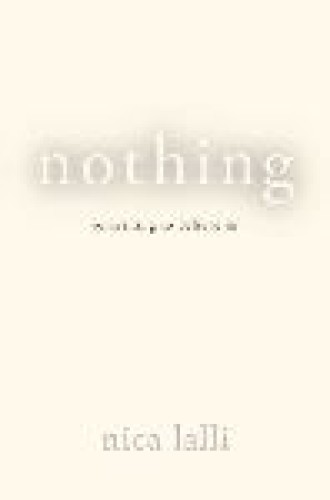BookMarks
We all know the thesis: country kid goes off to university and sheds Christian belief en route to brilliant literary career. Advocates of secularization point to stories of famous 19th-century Brits like George Eliot, Matthew Arnold and J. S. Mill as evidence that acquisition of knowledge was then (and, implicitly, has been ever since) a short step from abandonment of religion. Larsen has an antithesis: lots of converts to atheism reverted to Christianity, and indeed became leading church lights of their day. Larsen is a learned guide to the world of Victorian British church and academe; prodigious learning is here leavened with frequent humor and readable prose. His thesis, like his opponents’, is not merely historical: it is that the much trumpeted rise of atheism in general is less pervasive than often thought, since atheists can grow unsure of their deeply held beliefs as much as Christians can.
This is the best of the recent spate of books by atheists, mostly because Lalli has not given up on wonder. She grew up in a doggedly atheist household; the book’s title comes from her father’s answer when she asked him what they were (her friends were Jewish, Presbyterian or whatever). “Nothing,” was the matter-of-fact and almost cheerful reply. Lalli can turn a phrase, and her tone is not caustic (as with Christopher Hitchens) or dismissive (as with Richard Dawkins). Her stance is more that of a seeker, open to wonder, unwilling to let hard questions alone. Some Christians will find a fair amount of common ground with Lalli, for Christians also believe God is no thing, that creation happened out of nothing. Lalli has a thing or two to teach believers—not least how not to relate to unbelievers.







